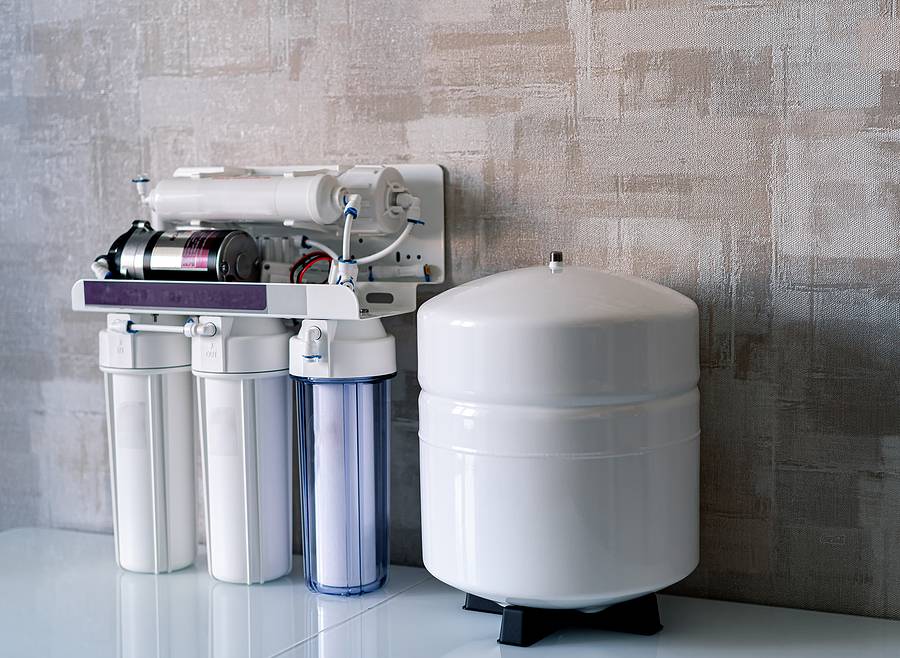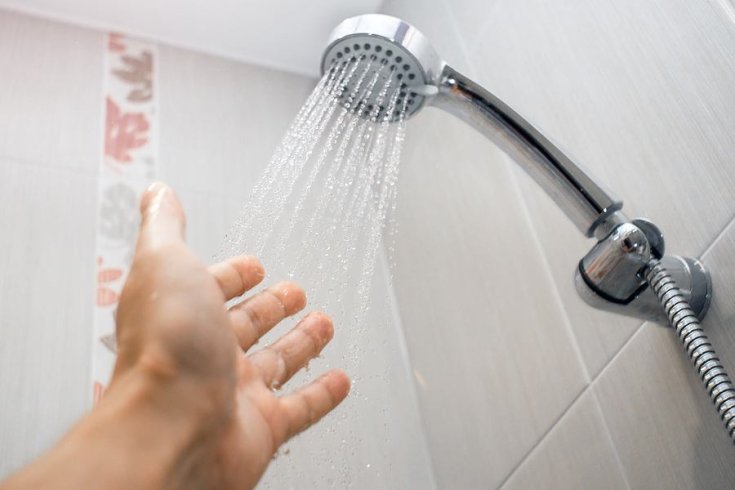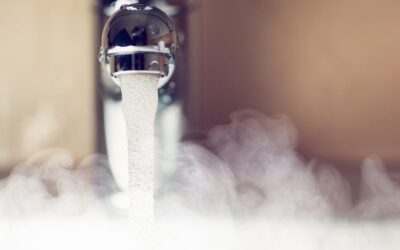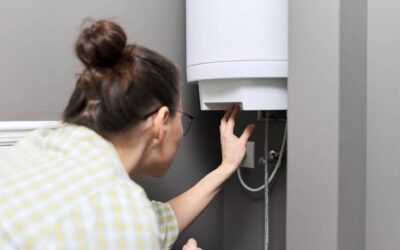Water is a precious commodity in our day-to-day lives, something that we often forget exists. Water is the natural resource that occupies the largest part of the Earth, 70%, but the amount of water that is safe for people is quite negligible. Water scarcity continues to be a major problem, and millions of people around the globe have no access to clean water.
In order to preserve this valuable asset, Rooter Man Plumbing has listed some easy, green tips that can go a long way in water conservation. Here are tips that could help you reduce your water consumption and use water more effectively in your everyday life.
Take Shorter Showers
A warm shower is soothing, but it can be very wasteful of water. Thus, by reducing shower time by several minutes, their families use thousands of gallons of water per year. For the sake of reminding yourself of the time, it is recommended to put a timer in the bathroom. Another powerful way to decrease water usage is by installing a low-flow showerhead. These showerheads help you save water without compromising on the water pressure to enable you to save water without compromising comfort.
Thaw Frozen Food Early
Many people defrost their food in water, under the tap, and they believe this is the fastest way to do it. However, this practice is less efficient, and much water is used up during the process. Instead, you should plan and defrost your food in the refrigerator the night before or use the defrost button on your microwave.
Apart from this, it also ensures that water is not wasted while at the same time ensuring that the food you prepare tastes as it should. Even though it may not seem like much, refraining from using running water to thaw food items can go a long way in helping you cut down on your utility expenses.
Choose Efficient Appliances
Some of the biggest users include the dishwasher and the washing machine that is used in the home. When planning to change or purchase new appliances, make sure that they are Energy Star appliances. Those appliances that have the Energy Star label use less water and energy, but the performance they offer is as good, if not better.
In order to get the best solution for your home, you may need the help of a professional plumber. These efficient appliances, aside from the fact that they conserve water, also lessen the frequency of repair and maintenance that plumbing systems undergo due to excessive use.
Use the Toilet Wisely
The toilets are among the largest consumers of water in any home. Traditional models may consume between 5-6 gallons of water per flush, while contemporary ones consume as little as 1.6 gallons. Replacing your current toilet with a low-flow toilet will drastically minimize your water consumption.
Also, do not dispose of items such as tissues, cotton balls, or any other materials in the toilet, as this may cause the toilet to block and, in the process, use a lot of water. It is advisable to consult a plumber if you find that your water bills are above the normal rates, even if you have tried to reduce consumption.
Water Plants in the Evening or Early Morning
Irrigating your garden and plants in the middle of the day means that a lot of water will be lost to evaporation before it can even get down to the roots. Always water your plants in the evening or early in the morning when the temperatures are low. This makes the soil hold more water, which will, in turn, reduce the wastage of water. It is also possible to water the plants less frequently and use mulch or cover the plants with temporary shelters at night to retain moisture in the ground.
Adopting these environmentally-friendly water use tips to your daily activities will go a long way in protecting water resources. Every small step counts. If you follow these practices, you will be contributing to the conservation of this important asset.
For more information or help with water-saving fixtures, Rooter Man Plumbing is here to help you. We are here to assist you in identifying proper solutions that will positively affect your house and the planet. Make these small adjustments to ensure consecutive conservation of this precious asset.







